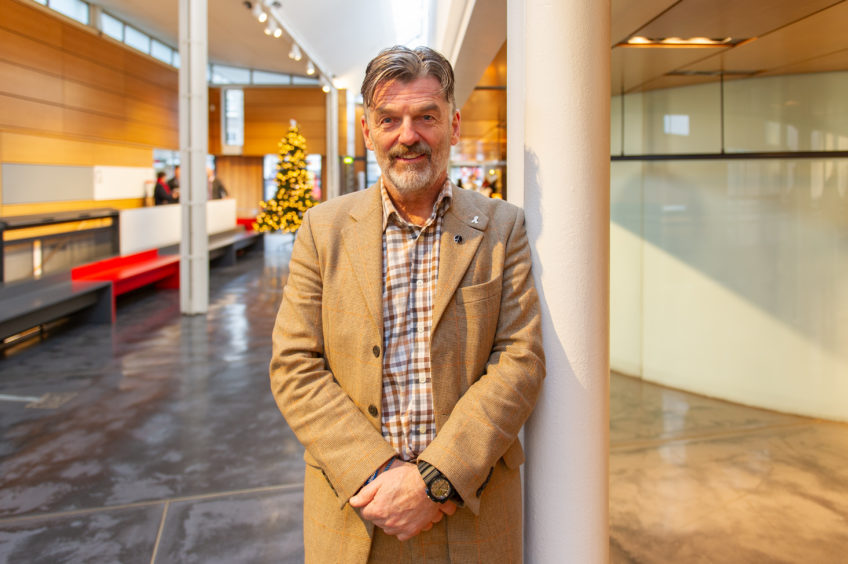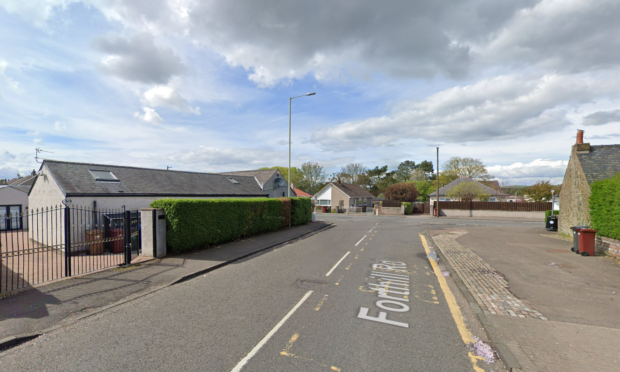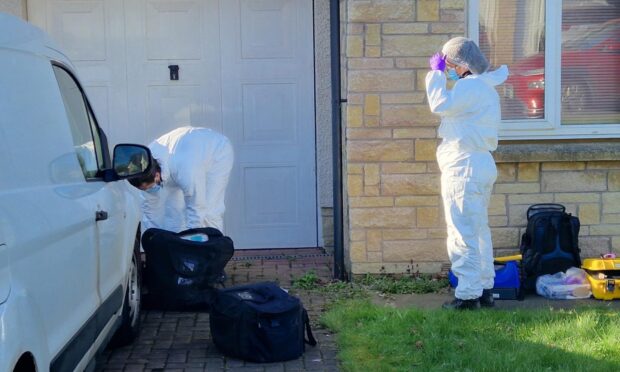A Tayside health boss has said the region is well prepared for the worst-case scenario should coronavirus strike.
Drew Walker, NHS Tayside’s director of public health, said all key partner agencies will make sure they are “ahead of the game whatever happens”.
Mr Walker was addressing members of Dundee Integrated Joint Board (IJB) on Tuesday after arriving late for the meeting due to a rise in the volume of enquiries to public health following the spread of the disease to Italy.
He said the rise in traffic meant it was now “all hands on deck” which also prompted his early departure from the meeting.
“Do we have anything to worry about?” he said.
“It is too early to say the extent to which we need to be worried.
“I think what is happening in Italy is just an indication of what could happen here.
“We could see something like this in Scotland but we may not.
“We could get through the next few months without seeing what’s happening in Italy.
“There are hopes that when the summer months arrive that the virus will be less transmittable and less virulent.”
Mr Walker said there is a resilience partnership in Tayside which involves all of the key agencies and its first meeting took place on Friday.
“You always hope for the best but you prepare for the worst,” he said.
“We are prepared for any eventuality.”
He said if the virus did strike the agencies would respond together just like they did during the flu pandemic in 2009.
Meanwhile, Scotland’s Chief Medical Officer has said people could be banned from gathering in large numbers to contain coronavirus.
Dr Catherine Calderwood cited the response to cases in Italy, where Serie A football matches are being played behind closed doors, church services in the affected regions have been cancelled and Milan’s famous opera house, La Scala, has temporarily shut down.
Speaking on BBC Good Morning Scotland, she said the Government and NHS were working on “containment first” and then – if coronavirus was discovered in this country – a range of measures to try to limit the number of people infected.
“If we do have a cluster, as has happened in Italy, then we move into delaying the spread,” Dr Calderwood said.
“Delaying the spread would mean some of the measures that have happened already in Italy – stopping people coming together in large groups so that one or a few individuals do not spread to many, many more around them.”
Dr Calderwood said deaths from this strain of coronavirus, known as Covid-19, appear to be more common in elderly people and those with conditions such as asthma or cancer.
China’s outbreak could hit its peak by the end of February, she suggested, but a European outbreak could last “several months”.
In Italy, 229 people have tested positive for the virus and seven have died, with police manning checkpoints around a dozen quarantined northern towns.
Although no cases have been identified in Scotland so far, health regulations have been updated, requiring doctors to inform health boards about any cases of the disease.












